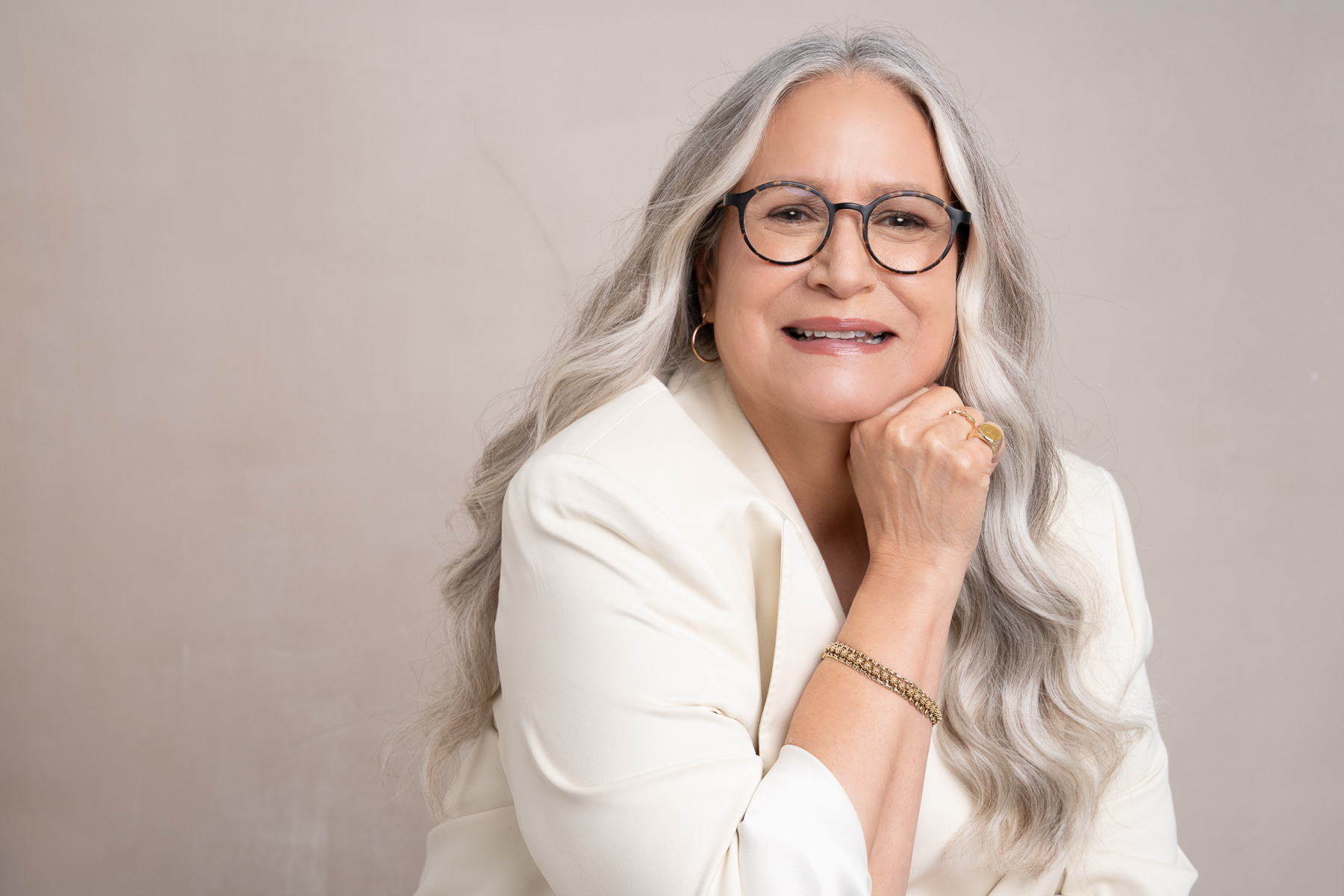The Power of Joy
By M. Elsa Soto Leggett, PhD, LPC-S, RPT-S, CSC
November 2025

Hola. I have always appreciated the proverb shared by many cultures and echoed among the Zapatista movement in Mexico: “Quisieron enterrarnos, pero no sabían que éramos semillas,” which means “They tried to bury us; they didn’t know we were seeds.” This saying suggests the idea that attempts at oppression and suppression can be ultimately unsuccessful because suppressed people will continue to grow and flourish like a seed.
The type of oppression that buries others can be constraining. Joy introduces a counternarrative. It refuses to let suffering be the focus. Joy can protect one’s mental and emotional well-being. It shields against despair, trauma and burnout. It keeps people engaged, energized and connected to others in activism. We can use joy as a form of resistance and advocacy. Both resistance and advocacy are a mindset and a practice that can challenge oppression by positioning joy itself as a radical declaration of worth, dignity and hope in the face of injustice.
Choosing to embrace joy does not mean dismissing the existence of fear, anger and deep sadness felt when watching reports of the injustices rippling across our communities and nation. Embracing joy does not mean being naïve or detaching from the struggle — it is a deliberate act of defiance and a vision for establishing justice.
Joy as resistance can be a deliberate refusal to be reduced by injustice. You can demonstrate joy through living out loud to celebrate life and culture despite oppression and fear. An example of this is when communities openly celebrate their culture and language even while under threat of apprehension and deportation.
In addition, joy can amplify the voices of marginalized communities beyond pain to highlight their creativity, culture and contributions. For example, LGBTQ+ Pride celebrations began as a form of resistance but evolved into joyful public declarations of people’s existence and rights.
Joy can also contribute to advocacy. It allows us to envision a future in which healing, community and equity are accessible to all — where people are free and safe to thrive, not just survive. Shared joy can foster connection, solidarity and belonging, which are essential ingredients for effective advocacy. By building collective power, we can challenge the belief that freedom and joy are luxuries and instead reveal that these are human rights.
If you’re seeking ways to push back against oppression, consider reclaiming a joyful celebration as a radical act. For example, you can include creative ways to celebrate culture and community, such as hosting a potluck to raise awareness. Or, because burnout benefits oppression, you could offer community care circles or joyous retreats for people engaged in advocacy efforts.
Amid feelings of grief and anger, make space for laughter and affection. Live the future you’re fighting for now. Celebrate small wins loudly. And boldly imagine and embody a world where pain is no longer inevitable. ¡Sí se puede!


